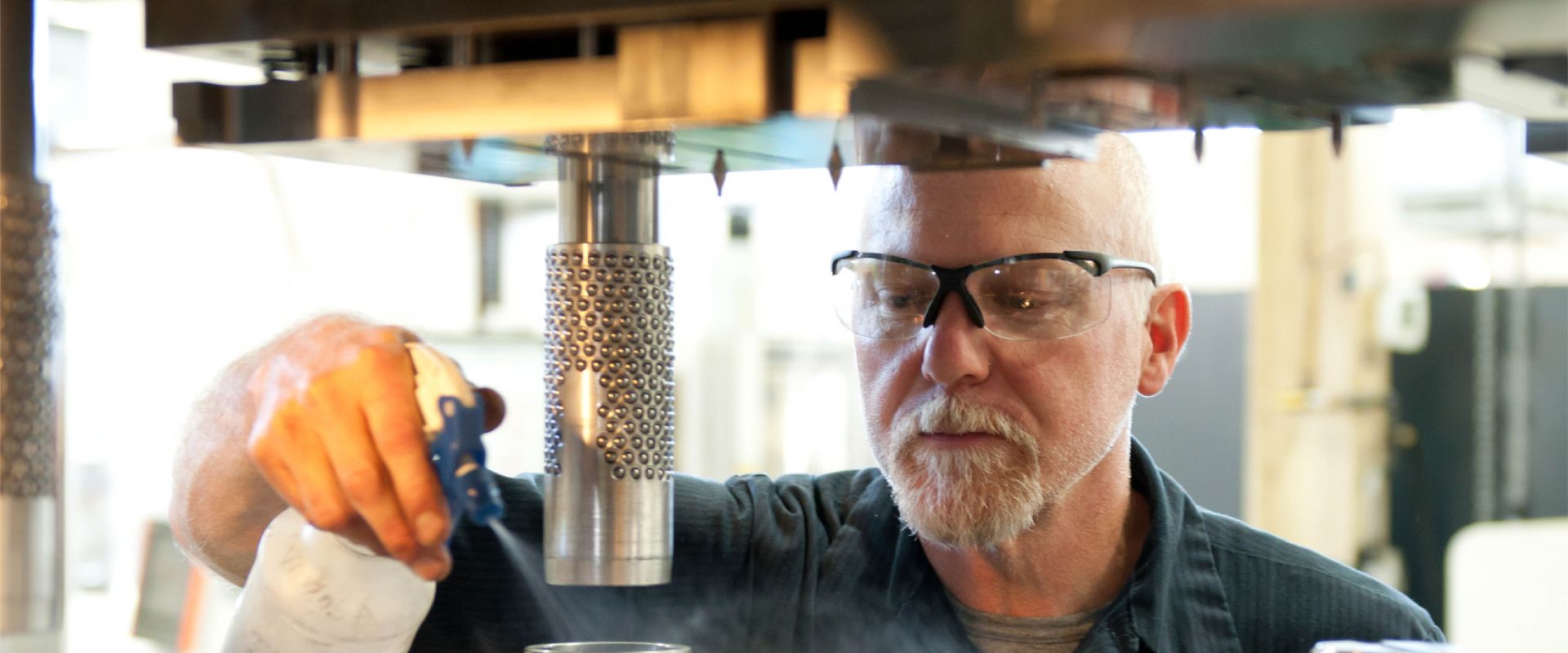How can we accelerate the shift to a circular economy in Central Europe? The SMART CIRCUIT project has taken an innovative step by launching 12 Strategy Learning Labs (STRATLABs) — dynamic spaces for collaboration between policymakers, businesses, and innovation hubs. These labs are more than just events; they are bridges between policy and practice, tailored to help the manufacturing sector become more sustainable and future-ready.
A Fresh Approach to Circular Transformation
Circular economy goals often remain distant when policies and industry realities don’t align. That’s where STRATLABs come in. Their primary mission:
✅ Bring together key stakeholders from public and private sectors
✅ Facilitate dialogue to identify real-world barriers and opportunities
✅ Test new support services tailored to regional needs
✅ Empower Digital Innovation Hubs (DIHs) to play a key role in policy-industry cooperation
Each STRATLAB was locally led but part of a transnational effort — ensuring both regional relevance and Europe-wide perspective.
What Did the STRATLABs Achieve?
The results speak volumes:
🌍 12 Labs across 9 countries
👥 Over 200 stakeholders engaged
📊 Service portfolios created focusing on training, funding advice, digitalisation support, and awareness raising
💡 New tools and formats tested, from roundtable policy debates to innovation showcases and co-creation workshops
📣 Clear call for permanent dialogue platforms to sustain the momentum
Participants widely recognized STRATLABs as effective, practical, and inspiring. The events not only built trust but provided concrete pathways to advance digital and circular economy agendas in real business settings.
What’s Next?
The STRATLAB model is now being scaled and refined. Partners are preparing follow-up events, integrating lessons learned and building long-term structures for cross-sector collaboration. The ultimate goal?
➡️ To make STRATLABs permanent spaces for cooperation, where circular policies are shaped hand-in-hand with those who implement them.
